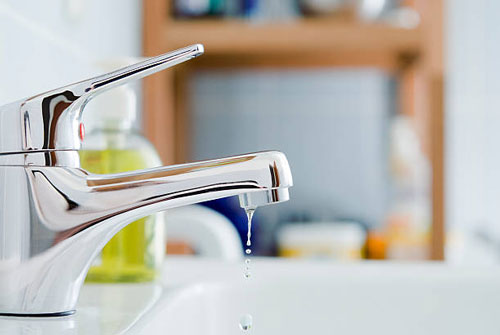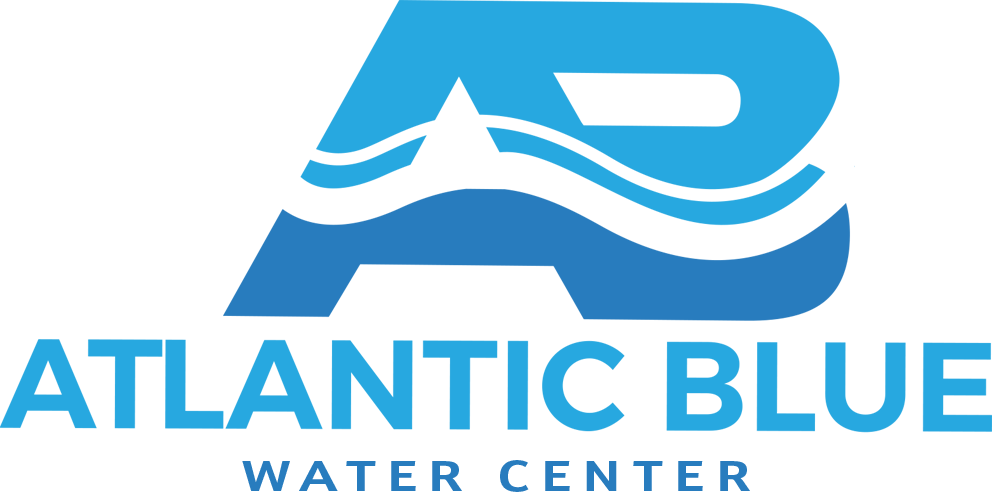Water treatment is a crucial process that ensures the safety and cleanliness of the water we use every day. Despite its importance, there are several misconceptions surrounding water treatment that can lead to confusion and misinformation. In this blog, we will explore some common misconceptions about water treatment and clarify the facts.
Misconception #1: Tap water is unsafe to drink
One of the most prevalent misconceptions about water treatment is that tap water is unsafe to drink. In reality, tap water in developed countries is usually safe to drink, thanks to the rigorous treatment and testing processes that it undergoes. Water treatment facilities use various processes, including filtration, chlorination, and UV irradiation, to remove impurities and kill harmful microorganisms from the water. Furthermore, tap water is regularly tested to ensure that it meets strict quality standards set by regulatory bodies.
Of course, there may be exceptions, such as when a water treatment facility experiences a contamination event or if the water supply comes from a private well that is not regularly tested. However, these cases are relatively rare, and overall, tap water is a safe and convenient source of drinking water for most people.
Misconception #2: Bottled water is always better than tap water
Another common misconception is that bottled water is always superior to tap water. While bottled water may be convenient in certain situations, such as when traveling or during emergencies, it is not necessarily better for you than tap water. In fact, bottled water is often no different from tap water in terms of quality and safety, as many bottled water brands simply bottle and sell tap water from municipal sources.
Furthermore, bottled water is not always regulated as strictly as tap water. In the United States, for example, the Environmental Protection Agency regulates tap water, while the Food and Drug Administration regulates bottled water. The FDA has less stringent testing and reporting requirements than the EPA, meaning that bottled water may not be as rigorously tested as tap water.

Misconception #3: Boiling water is enough to make it safe to drink
Boiling water is an effective way to kill harmful microorganisms and parasites that may be present in untreated water. However, it is not always enough to make water safe to drink. Boiling does not remove other contaminants, such as chemicals or heavy metals, that may be present in the water. Furthermore, boiling may concentrate certain contaminants in the water, making them more harmful.
If you are in a situation where you must drink untreated water, such as during a camping trip, it is important to use additional water treatment methods, such as filtration or chemical treatment, to ensure that the water is safe to drink.
Misconception #4: Water treatment removes all impurities from water
Water treatment processes are designed to remove as many impurities as possible from the water. However, it is impossible to remove all impurities completely. For example, some minerals, such as calcium and magnesium, are naturally present in water and are not harmful to human health. Water treatment facilities may remove excess amounts of these minerals, but they cannot remove them entirely without altering the water’s taste and texture.
Similarly, some chemicals, such as fluoride, may be intentionally added to water during the treatment process to improve dental health. While there may be some controversy surrounding the addition of certain chemicals to water, in general, they are added in safe and regulated amounts.
Ensure the Quality of Your Water with Water Testing
In conclusion, understanding the facts about water treatment is crucial to ensure that you make informed decisions about the water you drink and use. While there may be some misconceptions about water treatment, it is important to rely on scientific evidence and regulatory guidelines to ensure that the water you consume is safe and clean. The only way to know the quality of your water for sure if through water testing. Atlantic Blue Water Center has a certified laboratory to test the water of your home or business. Contact us today at 410-751-9200 to learn more!
